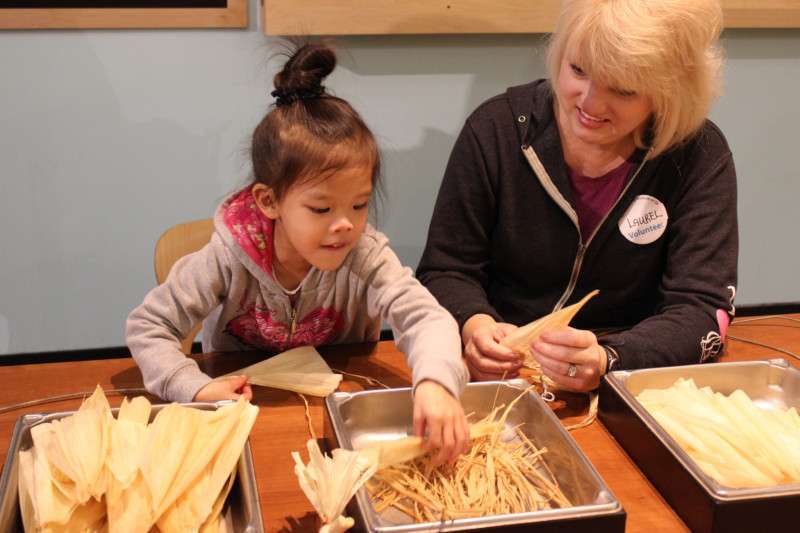Visitors of all abilities will now have additional options for accessing and enjoying Children’s Discovery Museum of San Jose with the launch of the museum’s Access and Inclusion Initiative. New automated internal and external doors with universal design are being installed and a new program for children or adults with disabilities was recently introduced. “Afternoons for All Abilities” is designed to serve children and families of varying abilities on the second Tuesday of each month, during a less crowded and quieter time. The museum’s Quiet Room for anyone needing a private place to relax also received an upgrade.
“This initiative advances our most deeply held values of access and inclusion for all members of the community,” said Marilee Jennings, executive director of Children’s Discovery Museum. “These efforts build upon our existing initiative work with the Autism, LGBTQ, and immigrant communities.”
A grant from the California Cultural and Historical Endowment and matching funds from the City of San Jose will support the installation of 10 automated doors. They’ll replace the museum’s aging and heavy door sets that were installed before the passage of the Americans with Disabilities Act. These doors will improve access, navigation, and safety for all visitors but especially for people with mobility impairments as well as the elderly, children, and anyone carrying a child or pushing a stroller.
During “Afternoons for All Abilities,” children or caregivers with mobility challenges, who have difficulty communicating, or who become easily stimulated can explore the museum on their own terms, while caregivers connect with others who may share similar experiences. Each month features a special story time in the theater using the large screen and a sensory-friendly activity. This program joins the existing “Play Your Way” program for families with children who have Autism.
Continuing the museum’s successful history of convening advisory boards, an Accessibility Advisory Group comprised of people active in the accessibility community is helping inform the ongoing initiative. The advisors augment staff knowledge and skills, make recommendations, and share ideas and opinions. They’re often a critical link to an underserved community.
This phase one of the Initiative is part of the museum’s strategic commitment, “Inclusion and Cultural Competence.” These values are instilled in all aspects of the museum’s work with the goal of building awareness and understanding among people of all backgrounds, ages, ethnicities, genders, sexual orientations, socioeconomic situations, religions, abilities, and family configurations.

